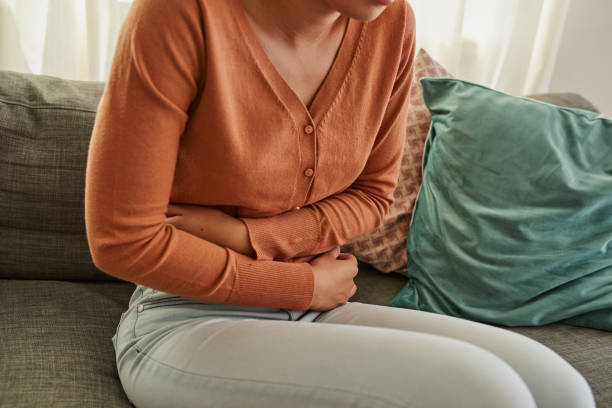Post Cholecystectomy Syndrome (PCS) refers to a group of symptoms that occur after removal of the gallbladder. The symptoms of PCS include abdominal pain, bloating, gas, nausea, and diarrhea. These symptoms are caused by the body’s inability to properly digest fat.
Treatment for PCS is focused on managing the symptoms and improving the ability to digest fat. The first line of treatment includes changes in diet, such as reducing the amount of fat consumed and increasing the intake of fiber. In some cases, over-the-counter medications such as antacids or anti-diarrheal drugs may be prescribed to relieve symptoms.
In severe cases, the doctor may recommend further medical interventions, such as bile acid sequestrants or pancreatic enzymes. In some instances, surgery may be necessary to correct an underlying issue causing the symptoms of PCS.
It is important to note that the majority of individuals who have had their gallbladder removed will not experience PCS. If you are experiencing symptoms after a cholecystectomy, it is best to consult with your doctor to determine the underlying cause and the best course of treatment.
In conclusion, PCS is a group of symptoms that may occur after removal of the gallbladder. The symptoms include abdominal pain, bloating, gas, nausea, and diarrhea. Treatment for PCS is focused on managing the symptoms and improving the ability to digest fat. A variety of options are available, ranging from diet changes to medical interventions and in some cases, surgery. If you are experiencing symptoms after a cholecystectomy, it is best to consult with your doctor to determine the underlying cause and the best course of treatment.

 Home
Home Health
Health Diet & Nutrition
Diet & Nutrition Living Well
Living Well More
More












